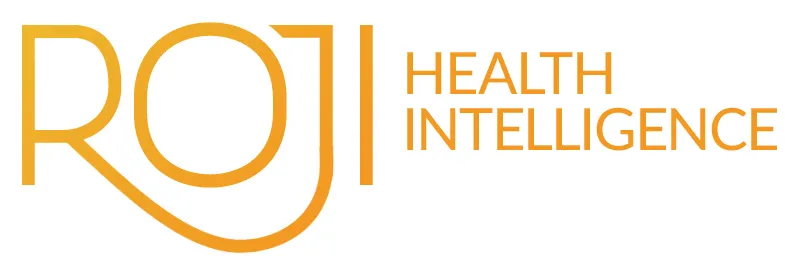To successfully manage the 40 to 60 percent of costs of care driven by specialty physicians, your ACO must overcome one major obstacle when you begin to address specialty costs: the lack of information to guide your actions. Although ACOs have claims data to calculate total costs per ACO patient and totals for specialty services, […]
Video: How to Engage Specialists Through Centers of Excellence
Specialists will engage in cost performance improvement if they believe they can provide better care for their patients and improve their own clinical excellence. Here’s how to achieve that through Episodes of Care, and how ACOs and health systems can help. You’ll find more details in last week’s post, Five Ways to Manage Specialty Costs […]
Five Ways to Manage Specialty Costs Without Bundled Payments
When health plans and Medicare propose controlling the cost of specialty care, expect that bundled payments will be the next suggested solution. With the introduction of every new specialty-focused payment model, an episode-based bundled payment model is involved. But let’s say you’re an ACO with no interest in bundled payments arrangements. You may not even […]
Video: How to Improve Specialty Spending for ACOs
Referral networks drive a huge part of ACO spending. Cut through the data to find how you can reduce costs through actionable information. Learn more about how your ACO should evaluate specialty referrals and costs using seven key analytics for procedural episodes of care. Founded in 2002, Roji Health Intelligence guides health care systems, providers […]
Video: Cost Transparency Gives ACOs a Competitive Edge Under Risk
While your ACO isn’t subject to CMS’s new rules about cost transparency, you’d be well advised to adopt this method to succeed under Risk through your own modified approach. As your organization establishes mutually beneficial relationships with providers, you can’t avoid the choice to achieve savings by prioritizing strategies to focus on cost variations and […]
ACOs, You Probably Think Cost Transparency Isn’t Your Problem. Think Again.
ACOs have largely sidestepped the cost transparency dispute raging between Medicare and medical providers, especially hospitals, due to CMS rules requiring providers to give consumers coverage-based cost estimates. If you’re an ACO, you probably assume that cost transparency is not your problem. So you probably won’t like to hear that your ACO should be helping […]
Video: Create Effective Partnerships with Physicians for Value-Based Reimbursements
Physicians were trained to be scientific problem-solvers. Reach your potential under Risk by tapping into their overlooked talent to find the balance between best practice and costs. Learn Three Fixes for ACOs’ Physician Engagement Strategies here. Founded in 2002, Roji Health Intelligence guides health care systems, providers and patients on the path to better health […]
Three Fixes for ACOs’ Physician Engagement Strategies
ACOs know that reducing costs is the key goal for Value-Based reimbursement. But strategies on how—or even whether—to engage physicians in that goal have not always been successful, to the detriment of all involved. Part of the problem is that provider revenues still stem from Fee-for-Service payments. Physicians are still rewarded based on meeting volume […]
Video: The Right Data for Value-Based Success
Claims data isn’t all you need to succeed under capitation. Here’s why provider EHR clinical data should be added to identify variation in care and engage providers. Founded in 2002, Roji Health Intelligence guides health care systems, providers and patients on the path to better health through Solutions that help providers improve their value and succeed […]
Straight Talk for Providers Adopting Capitation: Don’t Fly Blind Without the Right Data
Value-Based Reimbursement—once focused on incentives and shared savings—now more often means capitation. Whether adopting Medicare Alternative Payment Models (APMs) or contracting with health plans, physician groups and health systems have signaled greater willingness to adopt these new Risk payment models with their guaranteed payments for attributed patients. But here’s the problem: If you don’t have […]










